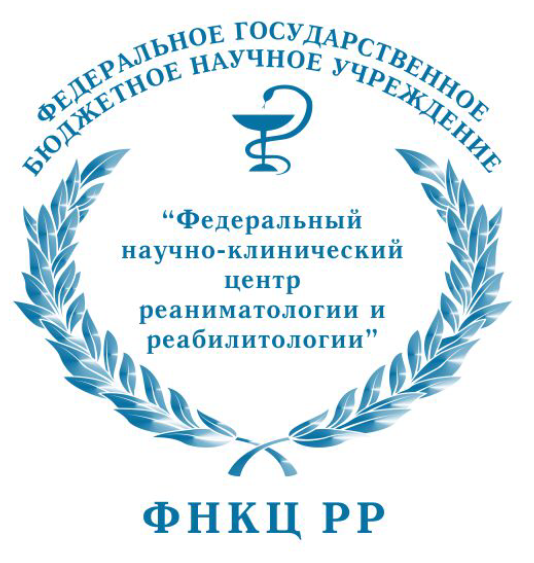
|
ИСТИНА |
Войти в систему Регистрация |
ФНКЦ РР |
||
Aristotle's Paradeigma and Husserl's Analogizing Apperceptionстатья
Дата последнего поиска статьи во внешних источниках: 29 сентября 2021 г.
- Автор: Zaitseva Natalia
- Журнал: Cogency
- Том: 12
- Номер: 2
- Год издания: 2020
- Издательство: Universidad Diego Portales
- Местоположение издательства: Chile
- Первая страница: 89
- Последняя страница: 104
- DOI: 10.32995/cogency.v12i2.361
- Аннотация: A motive for this paper was a series of papers by Vittorio Gallese (Gallese, 2014; Gallese, 2016).While developing his Embodied Simulation Theory, Gallese argued in favor of paradeigma(example, rhetoric argument based on parallel cases) as a naturalization of embodied simulation.In my opinion, this rhetoric argument is based on a fundamental cognitive procedure bestunderstood in terms of Husserl’s analogizing apperception.In an introductory section, I briefly characterize the motivating ideas of Gallese and introducethe conception of neurophenomenology that I adhere to. The second section describes Aristotle’sinterpretation of paradeigma and a related conception of first principle grasping presented inPrior and Posterior Analytics. The third section contains an examination of the logical structureof paradeigma as a non-deductive argument. In the forth section, I propose a novel reconstructionof both paradeigma and underlying fundamental cognitive procedure involved in first principlesgrasping based upon the phenomenological conception of apperceptive transfer of sense. Theconclusion recaps on the work done and indicates prospective avenues of future research.
- Добавил в систему: Зайцева Наталья Валентиновна